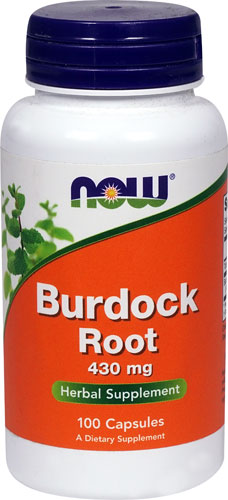“Uterine fibroids” tends to have an alarming ring to it, but chances are if you’re a woman, you have had them—or will at some point in your life.
Identified as the most common gynecological problem, these benign lumps affect as many as 80 percent of women before the age of 50. Some women may be more genetically predisposed to having them—women of African-American descent are particularly prone—while age, weight and diet also play a role. Though rarely cancerous (as in, less than one percent of cases), those who do develop uterine fibroids can experience a whole range of symptoms, from, well, none at all to heavy menstrual periods and pelvic pain.
Fibroids treatment: How diet can play a part
For decades, surgery was the de facto course of recovery, primarily in the form of hysterectomies. But in recent years, less major surgeries, such as uterine artery embolization, have been employed; at the same time, more and more doctors are recognizing that women can improve their symptoms naturally.
While treatment is determined case-by-case, your diet can have a significant impact on uterine fibroids. Here’s what to eat—and what to avoid—in the name of your reproductive region.
Eat this: Eggs (with the yolk)
At roughly eighty calories and rich in high quality protein (as well as selenium, zinc, iron, and copper), eggs are an indisputable superfood no matter your health. But for women with uterine fibroids, they’re especially a boon. Why? In large part because they brim with vitamin D—and more and more research is demonstrating that a dearth of the “sunshine vitamin” can up your chances of developing uterine fibroids in the first place. Indeed, maintaining sufficient vitamin D levels can reduce your risk of uterine fibroids by as much as thirty-two percent. Just be sure to eat the yolks: it’s the “nutrient bearing” portion of the food.
Not that: Alcohol and caffeine
A glass of wine at night, a cup or two of coffee throughout the day—seems like no big deal, right? For some, it might not be, but for those who have uterine fibroids—or are at risk of them—it may be consequential. This is because alcohol and caffeine can impact your hormone balance and put stress on your liver—an organ that’s specifically important to estrogen metabolism (and estrogen fuels the development of uterine fibroids and stimulates their growth).
Eat this: Cruciferous vegetables
Brussels sprouts, broccoli, cauliflower—these vital veggies should top your grocery list. Packed with powerhouse nutrients such as folate, vitamin C and fiber, they possess indole-3 carbinol, a compound that naturally encourages estrogen metabolism.
Not that: Non-organic animal products
Conventional animal products—beef and cheese, for example—are typically treated with growth hormones that may do a number on your hormones. By mimicking estrogen in your body, they can lead to a hormone imbalance that could provoke the growth of fibroids.
Eat this: Carrots
A carrot a day to keep uterine fibroids at bay? In a word, yes. Carrots are high in beta-carotene, which converts to Vitamin A in the body. For women with uterine fibroids, vitamin A can be a huge plus, in that it supports tissue repair and adrenal function organically—which, accordingly, promotes hormone balance.
Not that: Refined sugar
Refined sugar—which is found in everything from pastries to barbeque sauce—should be eschewed in general but especially if you have uterine fibroids (or want to avoid developing them). Ranking high on the glycemic index, refined sugar can negatively affect your blood sugar, lead to weight gain (which then contributes to hormonal haywire) and rouse fibroid growth. (Indeed, a recent study out of Reuters showed that women with high glycemic levels had a greater fibroid risk.) If you’re craving something sweet, reach for organic fruit. Which leads us to our next suggestion…
Eat this: Apples
Apples have long been synonymous with good health for a reason: They overflow with essential nutrients, from antioxidants that can shield you from free radical damage to dietary fiber that can help you feel satisfied longer. Research published by the National Institutes of Health reveals that a high consumption of apples can also be a protective factor for uterine fibroids. Feel like zesting it up? Add organic almond butter—the good fats in it (and other nut butters) releases “feel-good” hormones like serotonin, bolsters brain health, boosts energy, and, importantly, fosters hormone harmony.
Not that: “White” foods
White bread, white rice, white sheet cake...you get the point: Foods such as these have been virtually stripped of all nutrients except starch, while most of us are well-aware that white, bleached flour can cause blood sugar spikes that can upset digestion, cause inflammation, and engender hormone discord, thereby powering uterine fibroids. Given all the food options now available, it’s almost a no-brainer to reach for something besides refined carbohydrates—and given the link between diet, hormone health and uterine fibroids, it only makes sense to fill your body with just the right stuff.
†These statements have not been approved by the Food and Drug Administration. These products are not intended to diagnose, treat, cure or prevent disease.




